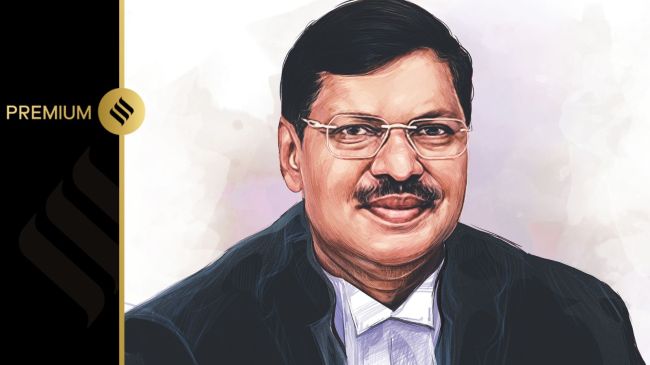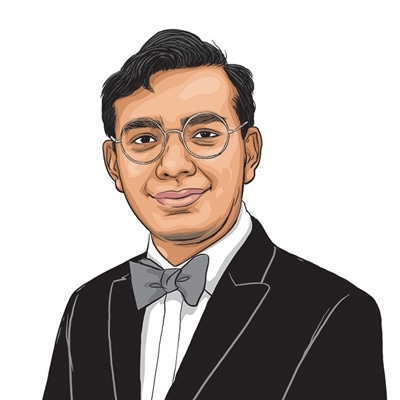Opinion Three challenges before CJI B R Gavai
Be it the case of defamation against Rahul Gandhi, or the relief granted to Prabir Purkhayastha, he has prioritised liberty over anything else
 As he takes oath as the second Dalit Chief Justice of India, the task before B R Gavai him is monumental. (File Photo)
As he takes oath as the second Dalit Chief Justice of India, the task before B R Gavai him is monumental. (File Photo) At a time when the dispute between the judiciary and the executive is growing — sometimes even spilling out into the public — Justice B R Gavai takes the reins. Gavai is widely considered by the bar as a “fiercely independent” judge. As he takes oath as the second Dalit Chief Justice of India, decades after till-now-the-only-Dalit Chief Justice K G Balakrishnan, the task before him is monumental. There are three aspects of his responsibilities: Administrative, judicial and as the head of the SC collegium.
Amongst the most pressing issues that Justice Gavai will have to address is the crisis of confidence that the judiciary seems to have found itself in, after the Justice Verma scandal. Reports suggest that even after being indicted by a three-member committee, formed by the apex court, he has refused to resign. Justice Gavai will have to ensure that the government takes it forward and ensures that impeachment proceedings are initiated not through an exercise of judicial power but through diplomatic skill. It must be remembered that in the past, the government has refused to impeach judges such as S N Shukla even after recommendations from the CJI.
Under Chief Justice Sanjiv Khanna, the collegium resolutions lacked the selective information that would sometimes be made public. The resolutions were very short and didn’t disclose the adequate factors considered by the collegium. One hopes that with the new CJI, the process would be more transparent and would effectively dodge the attacks made against the collegium system. There is also a pressing need to make the SC more diverse.
The court will have only one woman judge once Justice Bela Trivedi retires. For the last few years, mostly the geographic diversity has been taken into consideration to appoint the judges. As a result, a typical appointee in the past few years (and arguably throughout the history of the Court) has been an upper caste, upper-class Hindu man.
Second, with the recent publication of data on appointments by the Supreme Court, it seems that the government has been exercising pocket veto while also simultaneously attacking the collegium system by saying that it is the judges who make the appointments. The same data shows that while some recommendations were cleared within days, some were not cleared even after the SC’s reiteration.
Gavai will also be keenly watched for his decision on the pending cases. As the master of the roster, the CJI decides which bench hears what case. Several issues such as the challenges to the Places of Worship Act, challenges to the Waqf Act, criminalisation of marital rape, are pending before the Supreme Court and will require his urgent consideration. The rate of pendency in the SC is also a matter of concern. According to the Supreme Court Observer, the Supreme Court recorded 82,445 pending cases, even as in January 2025, it heard on average 226 cases per day.
Justice Gavai seems to have hit the ground running and has already met the mediapersons and briefed them on what he intends to do in his tenure.
Be it the case of defamation against Rahul Gandhi or the relief granted to Prabir Purkhayastha, he has prioritised liberty over anything else. His challenges are clear, and the need for resolute leadership at the helm of judiciary is paramount. I wish him nothing but the best.
The writer is a bioethicist and a lawyer at the Supreme Court






